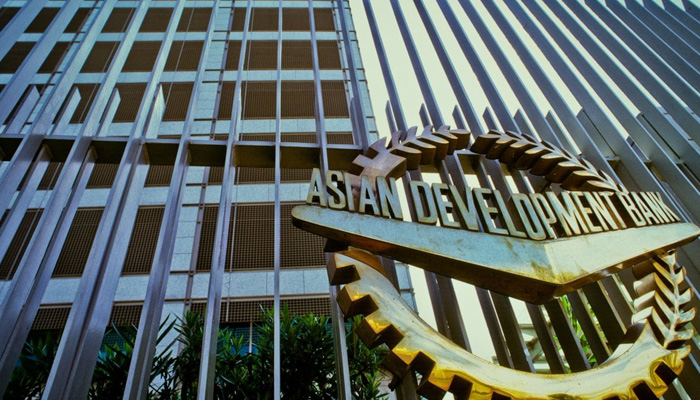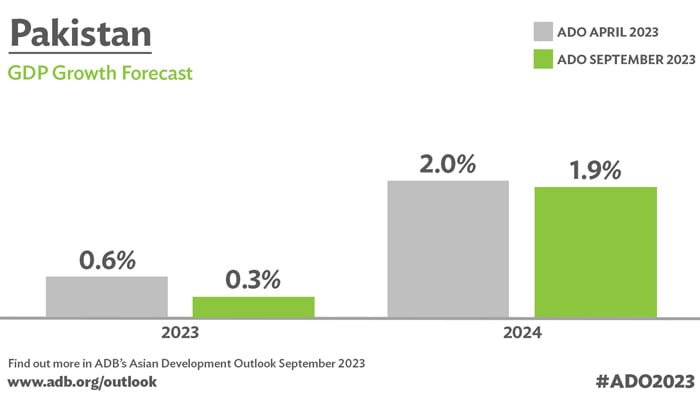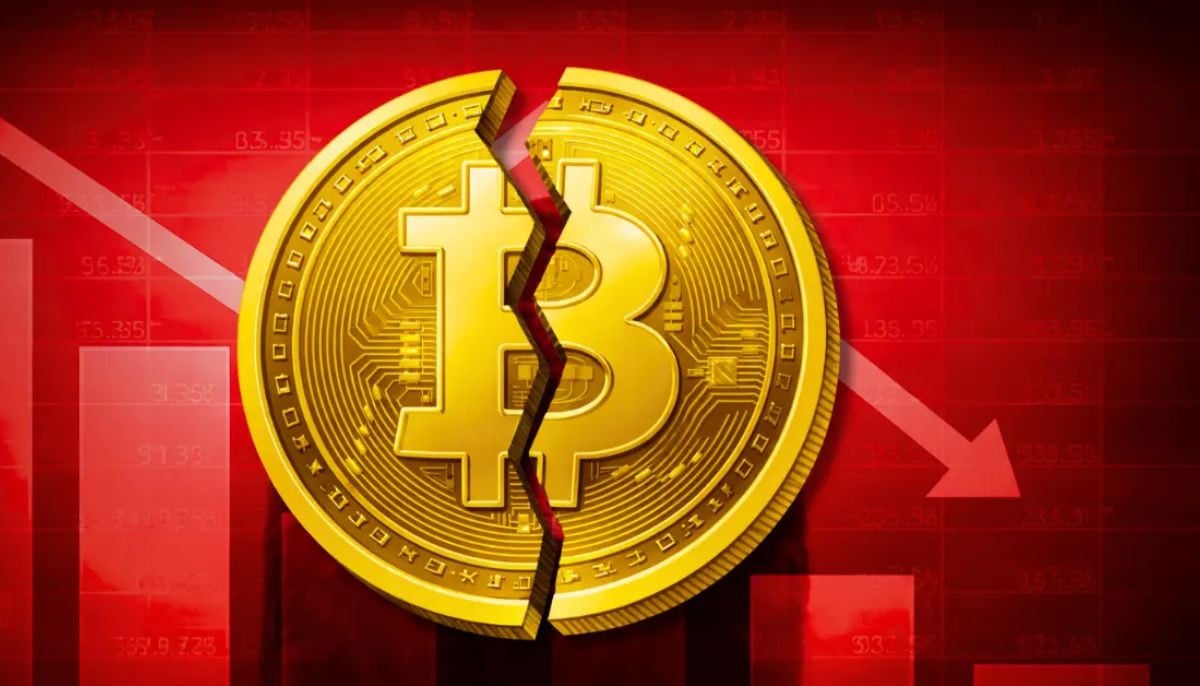‘Smooth general election’ to boost confidence in Pakistan’s economy: ADB
ADB also anticipates a decrease in Pakistan's inflation trends to 25% in FY2024
The Asian Development Bank (ADB) has said that the economic reforms programme and a smooth general election are expected to boost confidence in Pakistan’s economy.
The regional financial institution in its report released on Wednesday said Pakistan’s adherence to an economic adjustment programme through April 2024 will be critical to restoring macroeconomic stability and the gradual recovery of the country’s growth.
According to the Asian Development Outlook (ADO) September 2023, Pakistan’s gross domestic product (GDP) growth is projected to recover modestly to 1.9% in fiscal year 2024 from 0.3% in FY2023, with price pressures remaining elevated, the report added.
However, significant downside risks to the outlook remain, including global price shocks and slower global growth.
The ADB also anticipates a decrease in Pakistan's inflation trends to 25% in FY2024 from the elevated 29.2% experienced in FY2023 in the wake of base-year effects setting in, normalisation of food supply, and a moderation in inflation expectations.
"However, sharp increases in energy tariffs under the economic adjustment programme, and the continued weakening of the rupee will keep inflationary pressures elevated," it added.
According to the Asian Development Bank (ADB), the gross domestic product (GDP) growth of Pakistan is expected to experience a modest recovery, reaching 1.9% in the fiscal year 2024 (spanning from July 1, 2023, to June 30, 2024), marking an improvement from the meagre 0.3% growth recorded in FY2023.
This anticipated recovery will come amidst the persistence of increased price pressures, and there remain significant downside risks to this outlook, primarily stemming from potential global price shocks and the potential for a slowdown in economic growth around the world.
ADB Country Director for Pakistan Yong Ye said that the country's economic prospects are closely tied to the steadfast and consistent implementation of policy reforms to stabilize the economy and rebuild fiscal and external buffers.
"Greater fiscal discipline, a market-determined exchange rate, and speedier progress on reforms in the energy sector and state-owned enterprises are key to reviving economic growth and protecting social and development spending," he added.
Pakistan's economy, in FY2023, has faced a series of challenges, including severe floods, global price shocks, and political instability, collectively leading to weakened economic growth and an increase in inflation.
According to the ADO, the implementation of the economic adjustment programme and a smooth general election in FY2024 are expected to boost confidence, while easing import controls is likely to support investment, the ADB said.
"Favourable weather conditions coupled with government initiatives such as distributing free seeds, offering subsidised credit, and providing fertilisers are projected to bolster the recovery of the agricultural sector," the report mentioned, adding that this will have a "positive spillover effect on the industrial sector, which will benefit from improved access to essential imports."
In its report, the financial institution said it remains steadfast in its commitment to achieving prosperity, inclusivity, resilience, and sustainability in Asia and the Pacific region.
-
Will Warner Bros finalize deal with Paramount or stays loyal with Netflix's offer?
-
$44 billion Bitcoin blunder: Bithumb exchange apologizes for accidental payout
-
Global memory chip crunch puts spotlight on Apple; Will iPhone become more pricey?
-
Bitcoin plummets toward $60,000 as investors dump risky bets
-
Bitcoin crashes below $63K as regulatory pressure and market fears grow
-
Bitwise Crypto Industry innovators ETF: What investors should do in 2026?
-
Nintendo shares slide again as momentum fears grow
-
Gold, silver prices fallen sharply; What’s driving the drop?













